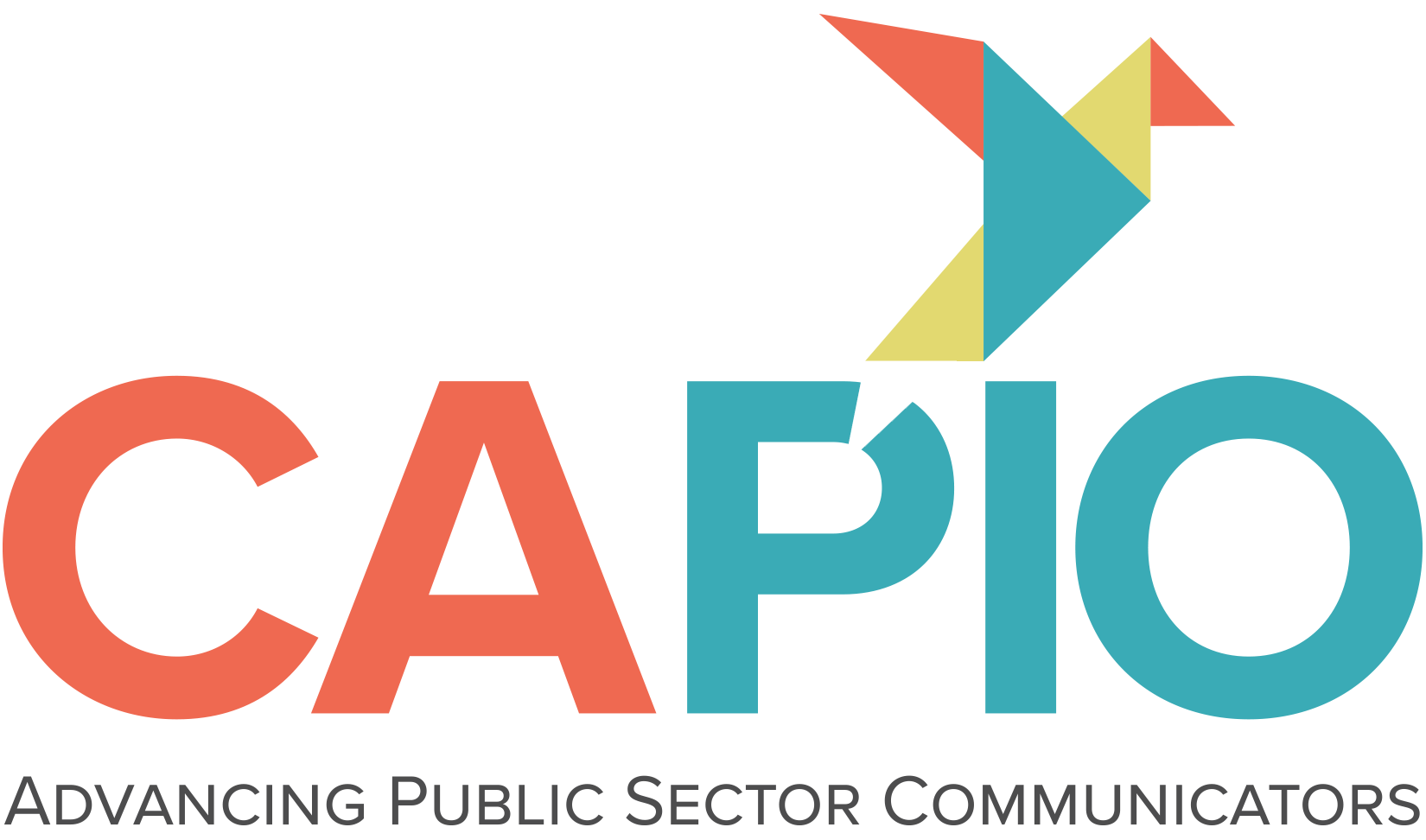Project Management — When You Don’t Feel Like It!
by Jalel Braden, Communications Specialist, San Bernardino County Employees’ Retirement Association (SBCERA)
Prior to joining SBCERA, I worked on the administrative side for a school district. Although I didn’t get summers off like teachers and students, being in that environment made me feel like I was also on summer break. Even after two and half years in my current role, I still carry that mentality, which can make project management during the summer months a bit challenging.
I realize I need to accept that summer is just like any other time of the year, and I’m working on that. I share this backstory because I know many of you can relate. Whether it’s having children out of school, planning vacations, or gathering with family and friends, summer often feels like it’s time to relax.
I recently read a post on LinkedIn that said, “You’re not managing time. You’re creating it.” I saved this as a reminder to manage my time better, especially at work. So, while the focus of this article is adopting year-round project management strategies, it’s really for those of us who need tips on managing projects, and creating more time for ourselves when relaxation mode sets in.
Focus on Your “Why”
There is a quote that says, “Goals are the fuel in the furnace of achievement”, emphasizing the importance of setting clear goals and objectives. My boss often reminds us, ‘We never aim blindly.” If your motivation at work is declining, refocusing on your target, desired outcome, and passions, might be the key to staying on track. I find it helpful to keep my “why” at the forefront of my mind because it’s easy to lose sight of it when managing multiple projects.
Communicate Effectively
In 2023, The Project Management Institute’s Pulse of Profession report highlighted a list of power skills, with 68% of project managers agreeing that effective communication is critical to project management. As communicators, we understand the importance of effective communication and its overall impact. However, because it is our area of expertise, and we collaborate with others who also grasp its significance, it’s easy to miss the mark in project-related communication by assuming everyone is on the same page.
Clear communication with colleagues should be prioritized the same way we prioritize communicating with those we serve. Be intentional about providing regular updates and maintaining open communication to prevent misunderstandings and keep everyone aligned.
S.M.A.R.T. Goals
The University of California, Office of the President, created a 13-page document titled SMART Goals: A How to Guide. This guide offers insights on managing goals related to increasing, improving, reducing, and saving productivity. It is directly connected to the SMART acronym: Specific, Measurable, Achievable, Relevant, and Time-Bound. Adopting the SMART concept, even when you feel like it’s time to relax, can help you better maintain your project goals, breaking them down into more manageable tasks.
Enhance Efficiency with Project Management Tools
Consider dedicated project management software to significantly enhance your efficiency by centralizing documents, files, and communication. Tools like Asana, Wrike and Microsoft Project help organize tasks, and set deadlines, easily streamlining your projects. Asana and Wrike both offer free versions that you can try before committing to a paid version. It’s important to select a tool that fits the needs of you and your team, and exploring free options or requesting a demo can help you make the best choice.
While you explore your options, utilize what you already have access to. For example, Outlook can be a useful alternative for managing projects. You can color coordinate, set reminders, and flag items, among other features. The YouTube video, Turn Outlook Calendar into the Ultimate To-Do List!, is a great resource to help you get started.
Ask for Help
Truthfully speaking, asking for help is tough. I personally struggled at the beginning of my career because I wanted to prove I could do it all, but this only led to placing unrealistic expectations on myself. If you’re part of a team, remember, you can’t and shouldn’t do everything yourself. Asking for help lightens your workload and prevents burnout.
If you are a team of one, prioritize tasks based on their importance and deadlines. Sometimes, you may need to put some projects on hold. While this approach may be controversial, pausing certain projects temporarily can help you set realistic expectations for yourself and maintain a healthy work-life balance. Lastly, ask those assigning projects to provide a draft or starting point, which makes it easier than starting from scratch.
Remember, even on days when you just don’t feel like it, effective project management can keep your goals within reach!

